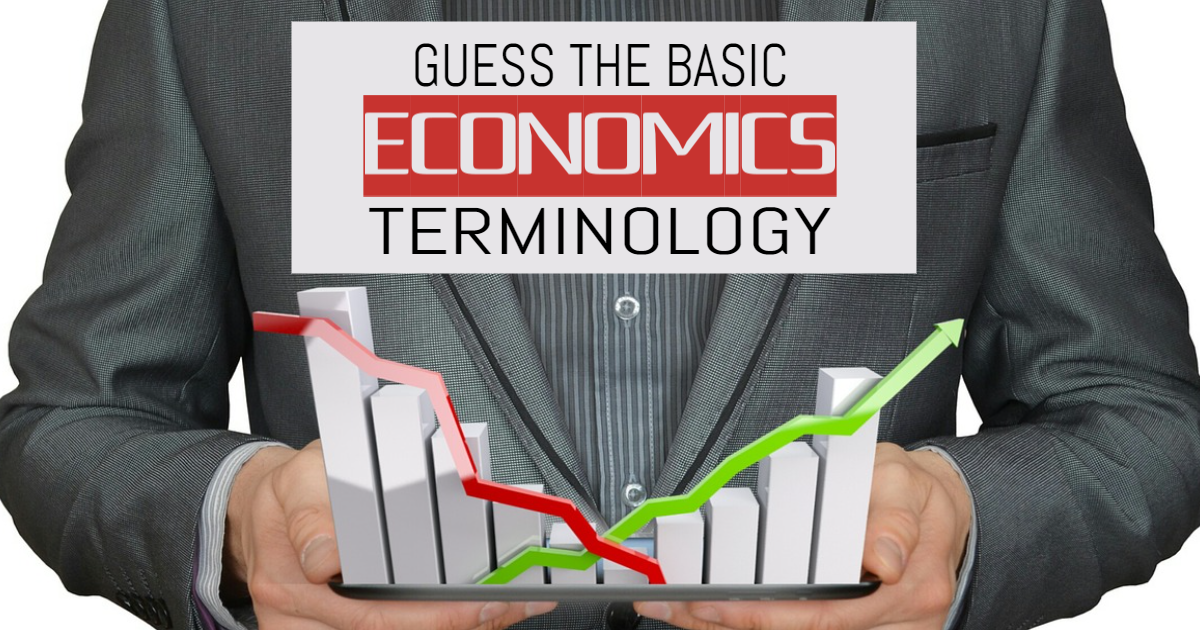



A compulsory levy on a taxpayer by the government.
Tariff
Tax
An agreement under which goods and services, or money is exchanged against a promise to pay later.
Credit
Debit
Assets held or obtained for expenditure.
Capital
Interest
The general rise in price levels over a period of time.
Growth rate
Inflation
The decrease in the monetary value of an asset over time.
Depreciation
Devalue
______ occurs when expenses exceed revenues.
Deficit
Surplus
The slowdown in economic activities.
Capital intensive
Recession
A fixed income tool representing the loan made by an investor to a borrower.
Bond
Equity
A benefit gave by the government to individuals or entities to make goods available to people at an affordable cost.
Stock
Subsidy
The rate at which one country's currency can be exchanged for another country's currency.
Exchange rate
Distant sale
It is the ease at which an asset can be converted to cash.
Appreciation
Liquidity
A year set as a reference point for comparison purposes.
Base year
Dividend
It is the mechanism by which a government adjusts its spending levels and tax rates to monitor and influence a nation's economy.
Demand Schedule
Fiscal policy
This branch of the economy deals with interest rates and national productivity.
Microeconomics
Macroeconomics
A government policy of minimal or no interference in the economic affairs of individuals and society.
Laissez-faire
Ceteris paribus